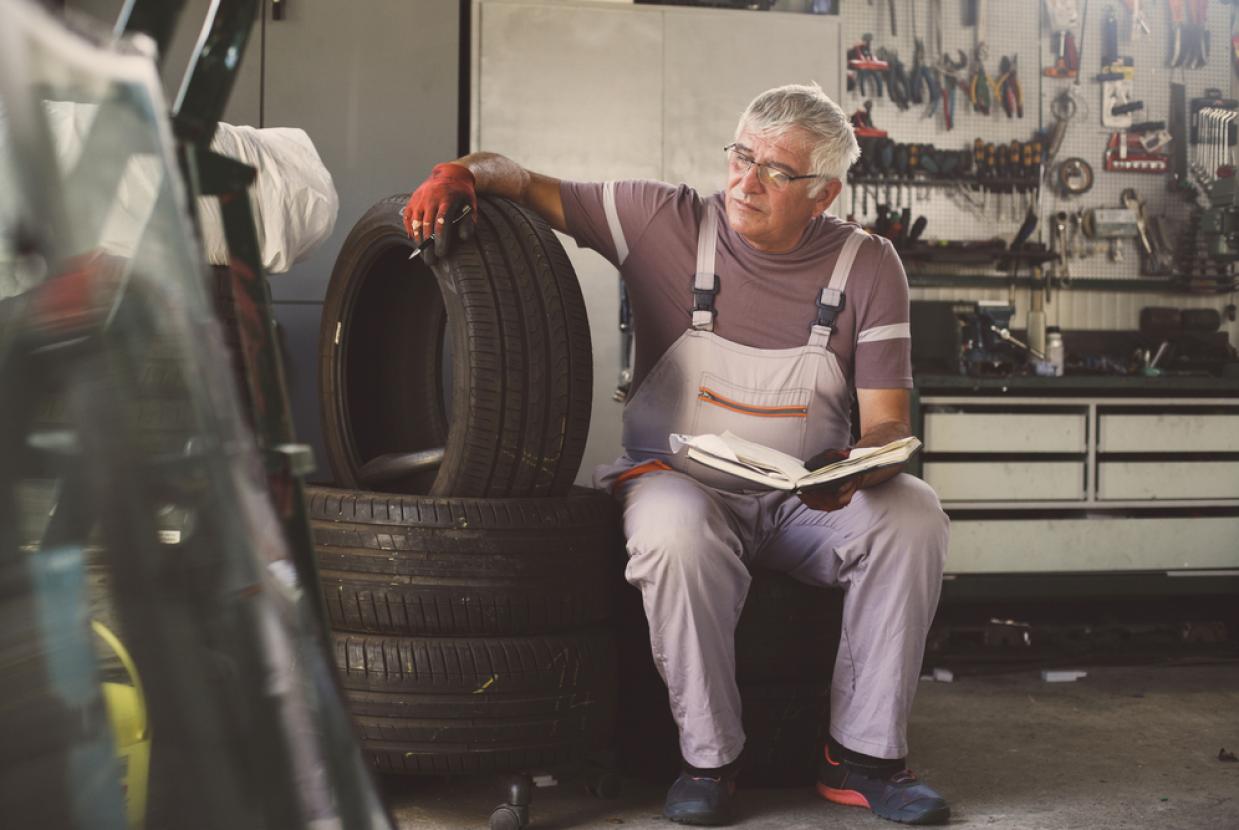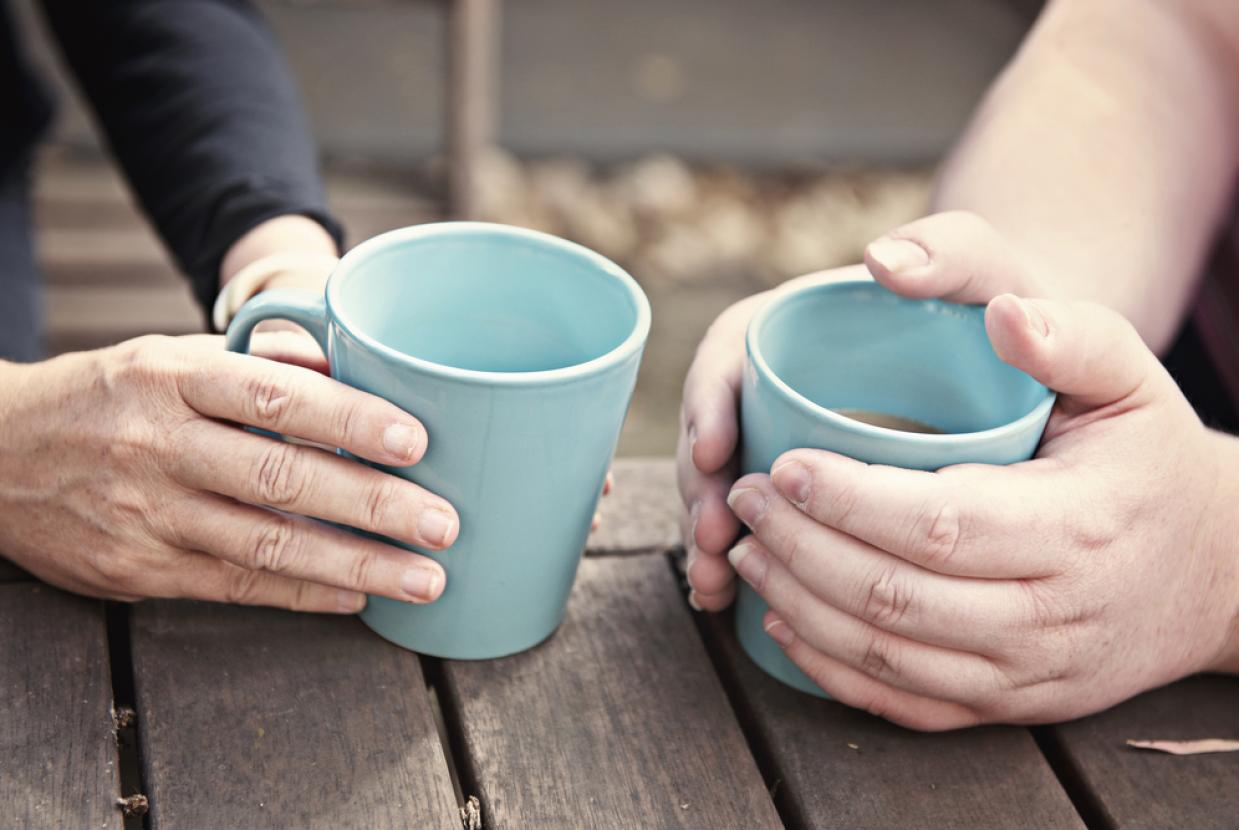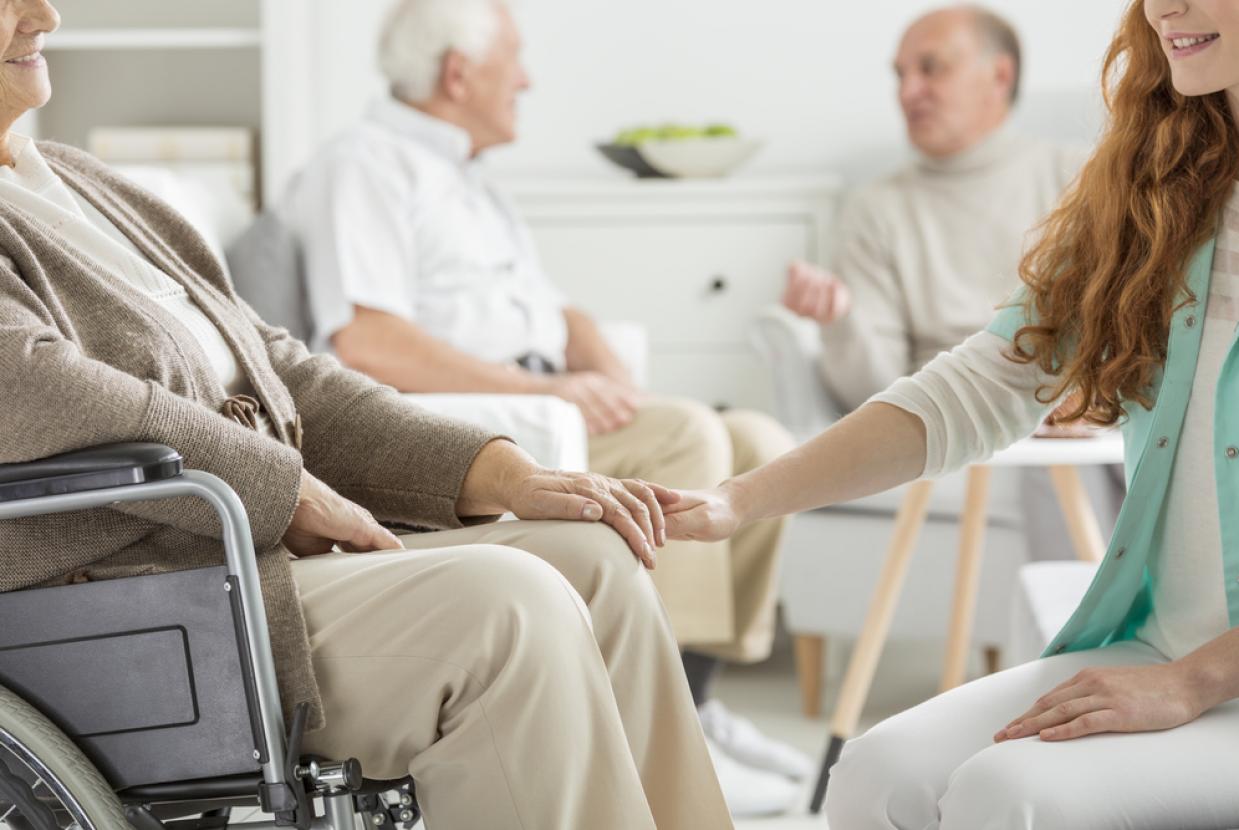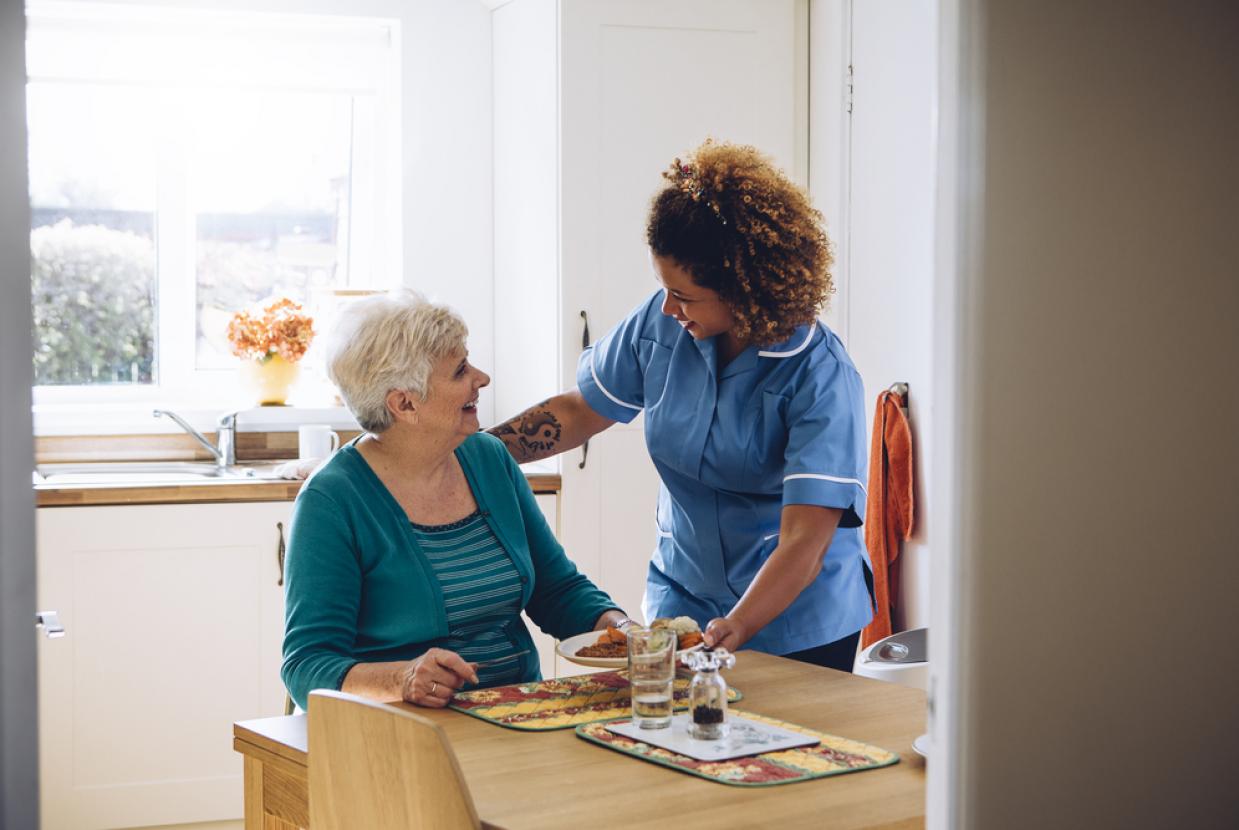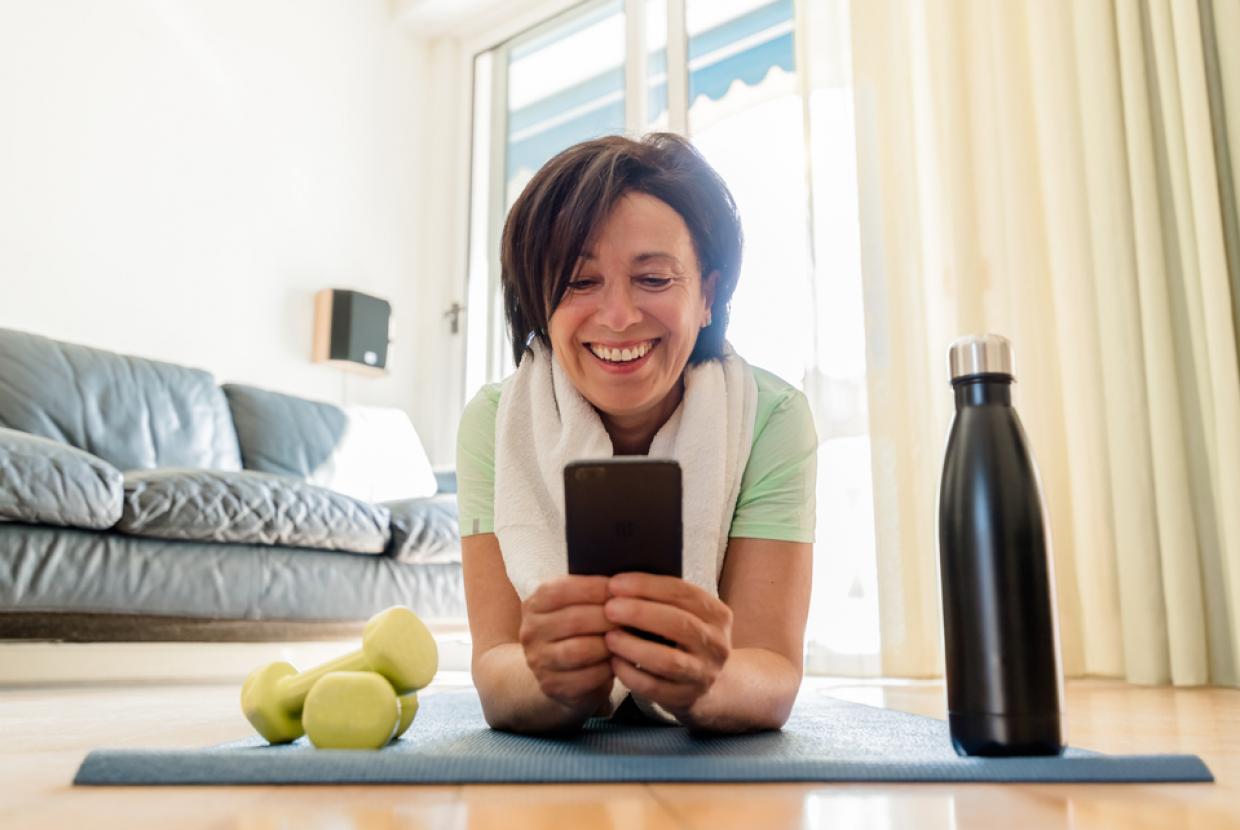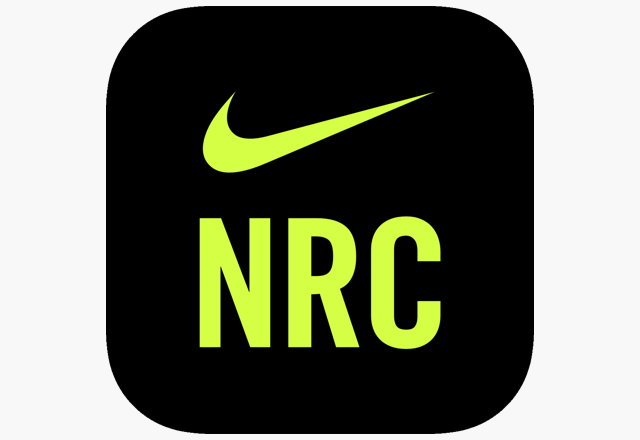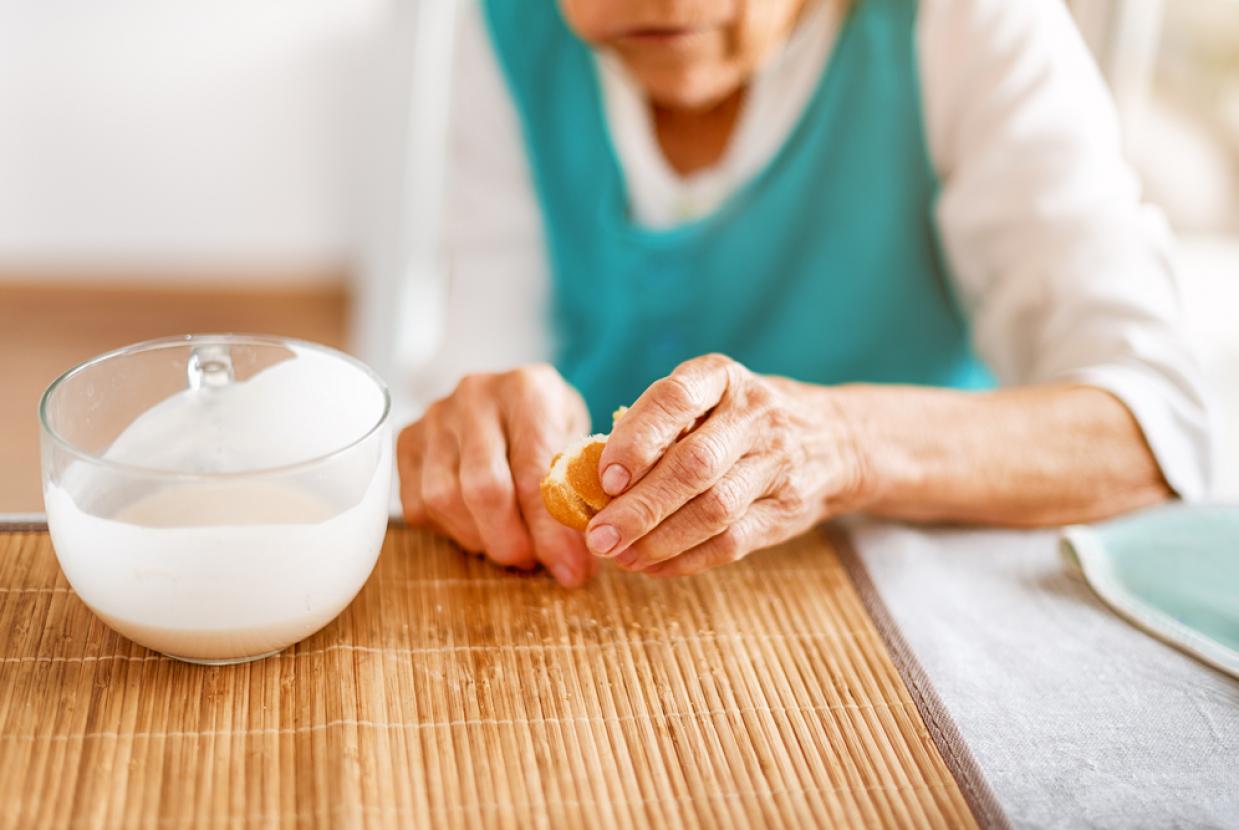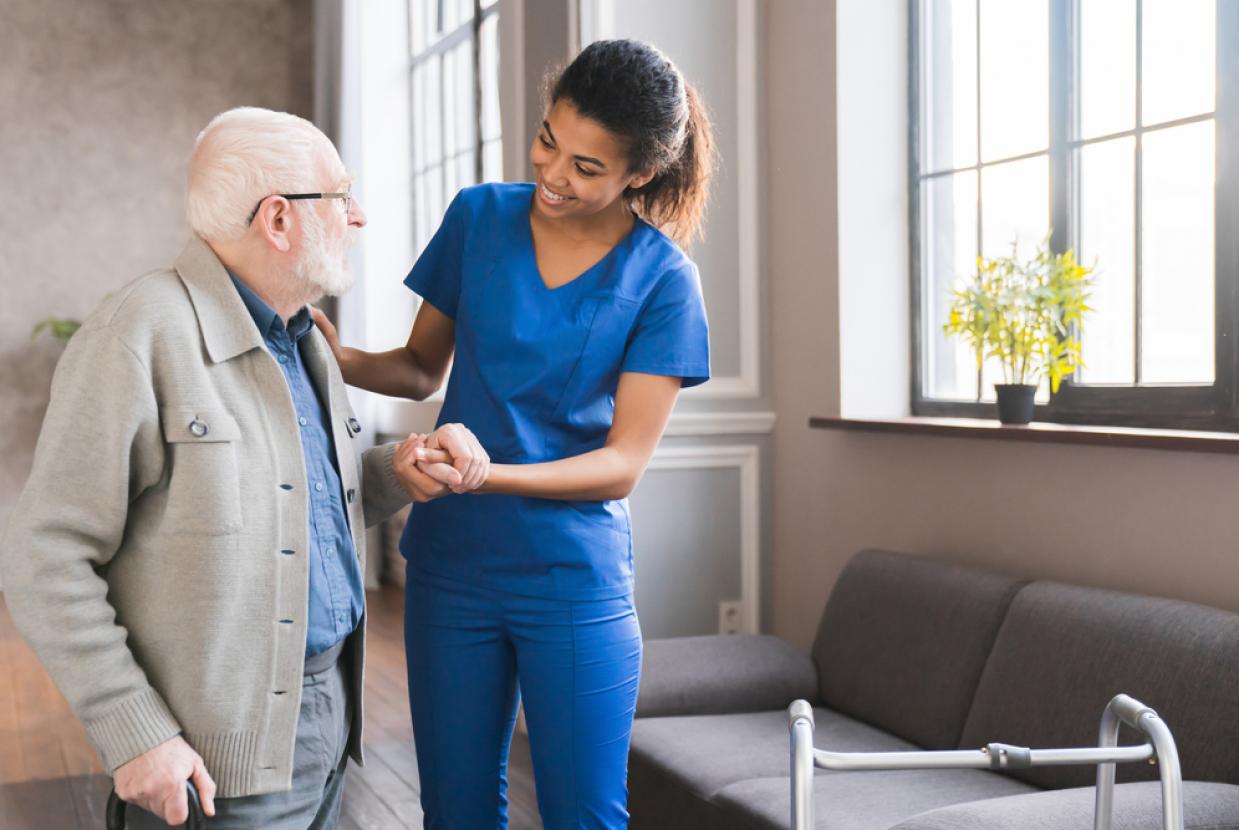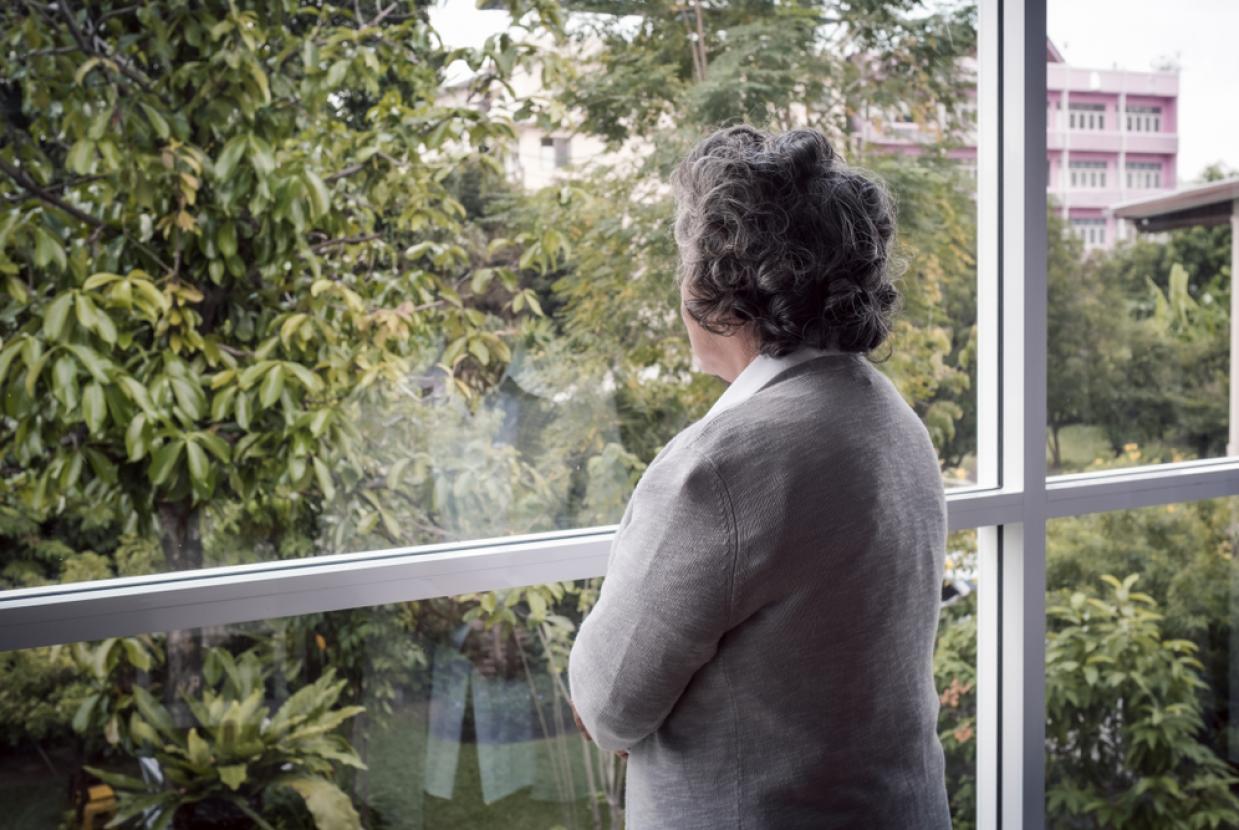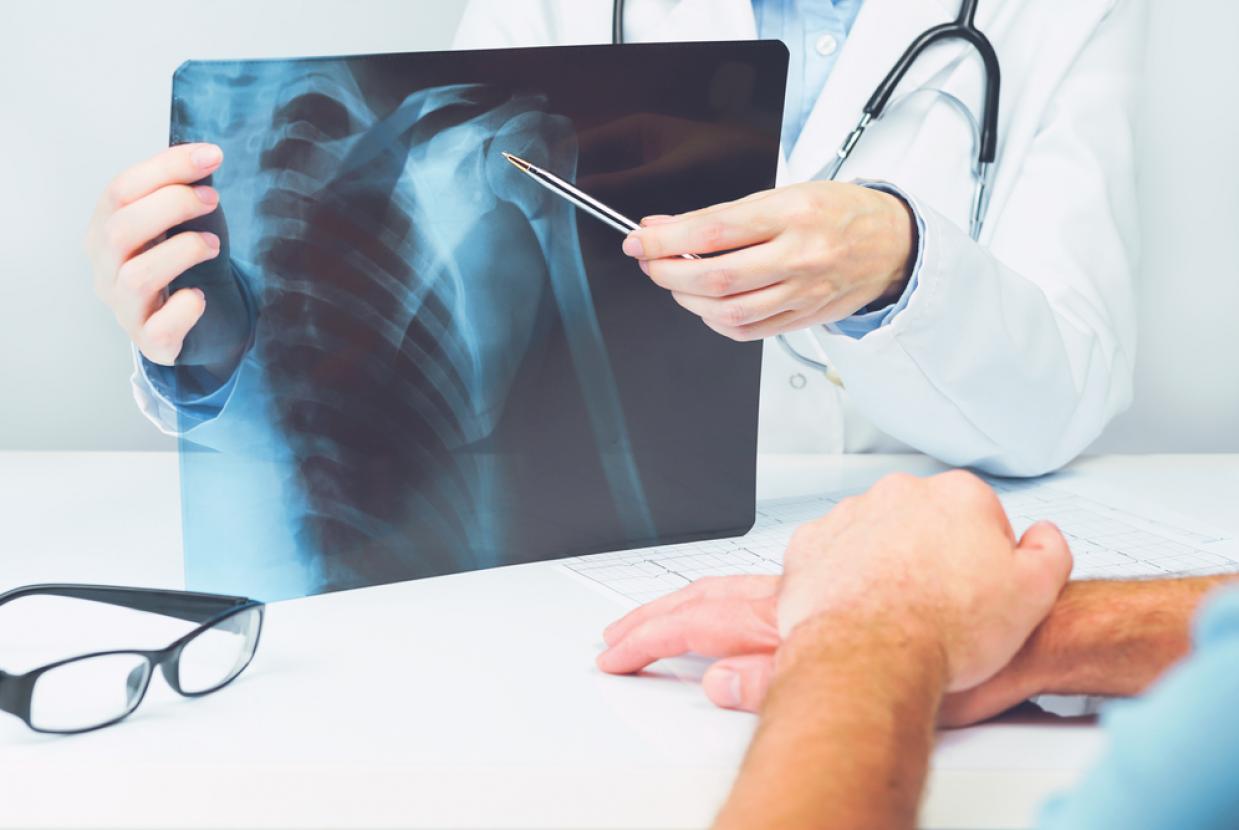Eye Health Tips
Ageing WellBecause our eyesight changes as we get older, almost all of us will need to wear glasses or contact lenses by the time we're 65. If you have regular eye tests, wear the right lenses and look after your eyes, there's a better chance your sight will remain clear.
Have regular eye tests
An eye test is not just good for checking whether your glasses are up-to-date. It's also a vital check on the health of your eyes.
An eye test can pick up eye diseases, such as glaucoma and cataracts, as well as general health problems, including diabetes and high blood pressure.
The good news is that if you're 60 or over, you can have a free NHS eye (sight) test as often as you need one. This is normally every 2 years, but may be more often in certain circumstances. Your optometrist will be able to advise you as to how often you need to be seen.
If you can't leave your home because of illness or disability, you can have an NHS eye test at home. Contact your usual optician to find out if they can visit you at home.
Wear the right lenses
An eye test will establish whether you need a different prescription for your glasses or contact lenses. It's important to wear the correct prescription lenses. This will improve your quality of life and reduce the risk of accidents such as falls.
You may be entitled to help with the cost of NHS glasses or contact lenses, so ask your optician about this.
How to keep your eyes healthy
As well as having regular eye tests and wearing the correct glasses, there are several things to keep your eyes as healthy as possible.
Eat well
Eating a healthy, balanced diet is important for your eyes. Eating plenty of vegetables and fruit will benefit your overall health and may help protect against some conditions, such as cataracts and age-related macular degeneration (AMD).
Wear sunglasses
Strong sunlight can damage your eyes and may increase your risk of cataracts. Wear sunglasses or contact lenses with a built-in UV filter to protect your eyes from harmful rays.
Quit smoking
Smoking can increase your chances of developing conditions such as cataracts and AMD.
Stay a healthy weight
Being overweight increases your risk of diabetes, which can lead to sight loss.
Use good lighting
To see well, your eyes need 3 times as much light when you're 60 as they did when you were 20.
Increase the daylight in your home by keeping windows clean and curtains pulled back. Make sure you have good electric lighting, too, especially at the top and bottom of stairs so you can see the steps clearly.
For reading or close work, use a direct light from a flexible table lamp, positioned so the light isn't reflected by the page and causing glare.
Exercise
Good circulation and oxygen intake are important for our eye health. Both of these are stimulated by regular exercise.
Sleep well
As you sleep, your eyes are continuously lubricated and irritants, such as dust or smoke, that may have accumulated during the day are cleared out.
Eye problems as you get older
As you get older, you become more likely to get certain eye problems.
Difficulty reading
Eye muscles start to weaken from the age of 45. It's a natural ageing process of the eye that happens to us all. By the time you're 60, you'll probably need separate reading glasses or an addition to your prescription lenses (bifocals or varifocals).
Floaters
Floaters, which are tiny specks or spots that float across your vision, are normally harmless. If they persist, see an optician as they may be a sign of an underlying health condition.
Cataracts
Easily detected in an eye test, this gradual clouding of the eye's lens is extremely common in over-60s. A simple operation can restore sight.
Glaucoma
Glaucoma is related to an increase in pressure in the eye that leads to damage of the optic nerve, which connects the eye to the brain. Left untreated, glaucoma leads to tunnel vision and, ultimately, blindness. But if it's detected early enough, these complications can usually be avoided with eye drops.
Macular degeneration
Macular degeneration is a disease of the retina caused by ageing. The retina is the nerve tissue lining the back of your eye. There are 2 types of macular degeneration. The first type, called dry macular degeneration, gets worse very slowly.
The other type gets worse very quickly. This needs to be seen as an emergency in a hospital eye unit for prompt treatment.



